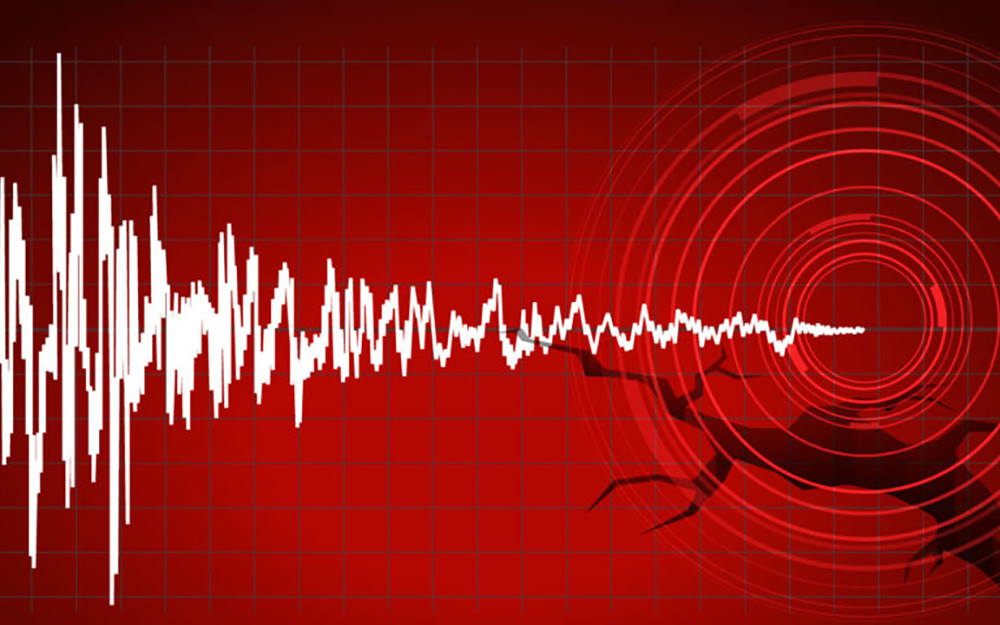
By Fire Chief Sam DiGiovanna
Many scientists believe California is overdue for a major earthquake, and we are! Southern California has been hit with a swarm of earthquakes lately reminds Fire Chief Sam DiGiovanna. “Make sure you, your family, and your community are prepared. Follow and share the following tips.”
What to Do Before an Earthquake
First, have a serious discussion with your immediate family members. Things to discuss include:
- What could happen and what they should do in different scenarios. If the earthquake occurs while your children are at school, what’s your plan for reuniting? If roads or other infrastructure are damaged it could be hours or days before you can be together again. What actions could each of you take in such a scenario?
- The possibility that cell phones might not work. Kids who have never lived without texting may panic if cell phone communication breaks down—something that can happen even if there isn’t widespread destruction. Prepare them now and talk about how you could get messages to one another if you are separated for several days.
- Family members, especially children, may expect you to be around when disaster strikes. Prepare them now so that they aren’t upset during actual disasters.
Next, prepare your house. Things to consider:
- Keep a fire extinguisher, first-aid kit, battery-powered radio, flashlightand extra batteries in an easy-to-access location. Make sure everyone in the house knows where these items are stored.
- Always have enough water, food, medicine, and other necessities on hand for at least 72 hours.
- Consider how you’ll power devices. Smartphones, tablets, and other devices have become almost essential to our daily lives. Investing in a generator and an external battery pack for your phone can alleviate some of the stress of dealing with an extended power outage.
- Make sure your family members know how to turn off gas, water, and electricity.
- Look around your house and imagine a powerful quake. What items are at risk for falling? Is the furniture secure? Although you can’t prevent all damage from happening, you can move heavy objects and anchor furniture to make things safer.
What to Do During an Earthquake
The most important thing during a quake is to stay calm—easier said than done!
- Stay where you are. Many people react to earthquakes by running out of buildings, especially high-rises, because they feel unsafe indoors. But you’re more likely to be hit by falling glass or injure yourself on debris or downed power lines.
- If you’re indoors, stand against a wall near the center of the building, stand in a doorway or crawl under heavy furniture (a desk or table).
- Don’t use elevators (they can get stuck).
- If you’re in a car, stop the car and stay inside the car until the earthquake stops.
What to Do After an Earthquake
You probably have a list of actions to take and areas to check following an earthquake. The same goes when you are at work, home or somewhere else:
- Check yourself and others for injuries and provide first aid if needed.
- Check water, gas, and electric lines for damage (including the smell of natural gas). If any are damaged, shut off the valves. Do not touch any downed lines, and don’t use matches, candles, or any flame until you’re sure it’s safe. Broken gas lines and fire don’t mix!
- Turn on the radio. Don’t use the phone, including your cell phone, unless it’s an emergency.
- Stay out of damaged buildings and away from damaged areas.
- Be careful around broken glass and debris. Wear boots or sturdy shoes to keep from cutting your feet.
- Expect aftershocks.
Take this information and make sure you share earthquake preparedness with your family and neighbors. The more prepared they are the better we will be able to respond safely and effectively!
Click here for additional earthquake preparedness information.











































